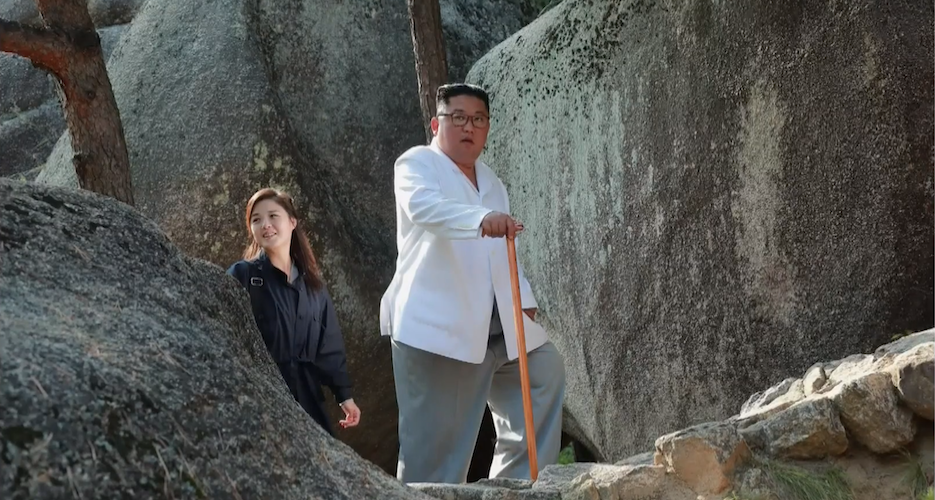About the Author
Peter Ward
Peter Ward is a research fellow at the Sejong Institute. His work focuses on North Korean politics, the economy and society. He has a Ph.D. from the University of Vienna.

Views expressed in Opinion articles are exclusively the authors’ own and do not represent those of NK News.
So what just happened? Kim Jong Un is dead, buried, oh wait, no, he’s just fine!
Views expressed in Opinion articles are exclusively the authors’ own and do not represent those of NK News.
So what just happened? Kim Jong Un is dead, buried, oh wait, no, he’s just fine!
All major cards accepted. No commitments – you can cancel any time.
Peter Ward is a research fellow at the Sejong Institute. His work focuses on North Korean politics, the economy and society. He has a Ph.D. from the University of Vienna.

Specialist news and analysis,
research tools, and unique data sets
Internet Explorer is not compatible with this website. We instead recommend using Chrome, Edge, Firefox or Safari.
Microsoft ceased supporting IE 10 and older in 2016.
In addition, Microsoft cyber-security chief Chris Jackson has been urging users to stop using the browser since February 2019.
Join the influential community of members who rely on NK News original news and in-depth reporting
Learn MoreEnter your details below
Don't have an account? SIGN UP
Join the influential community of members who rely on NK News original news and in-depth reporting
Learn MoreAlready have an account? SIGN IN
Join the influential community of members who rely on NK News original news and in-depth reporting
Learn MorePlease enter your username or email address. You will receive a link to create a new password via email.
Don't have an account? SIGN UP

